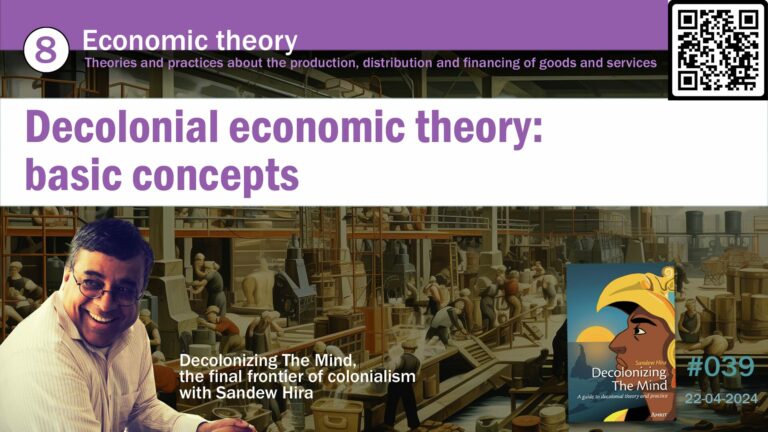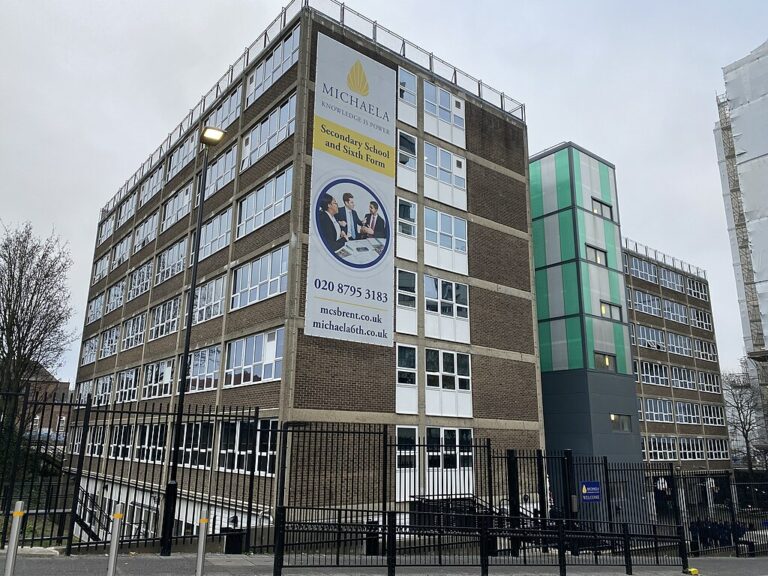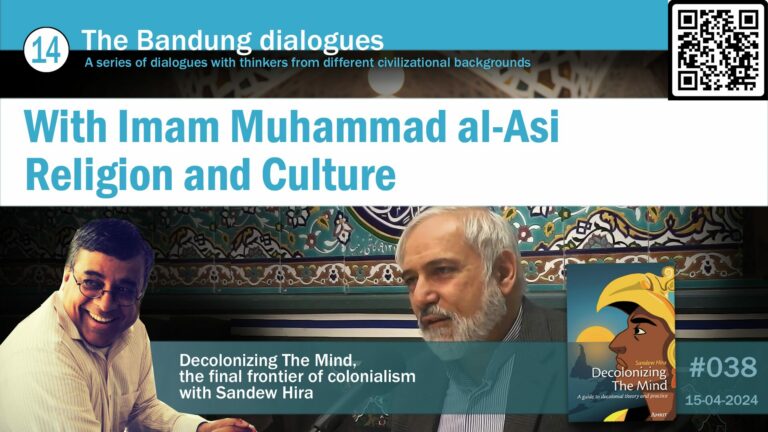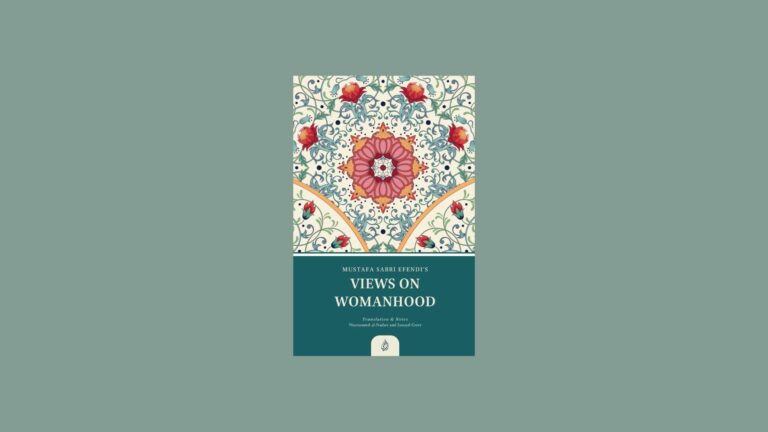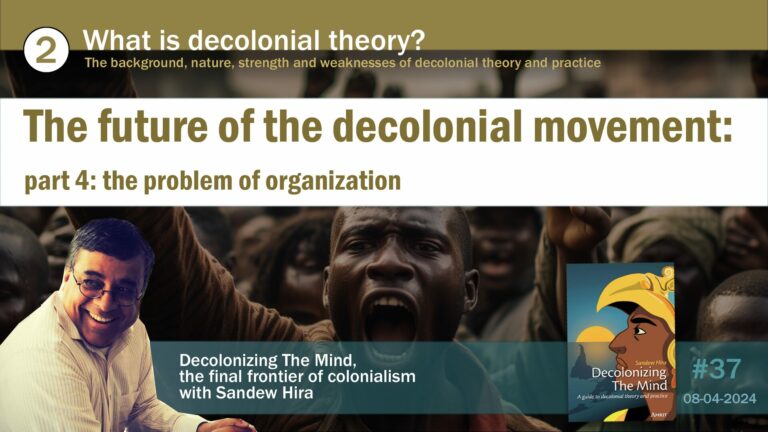Representations of Islam & Muslims: A Guide for the Media
December 1997
ALGERIA
Who runs the country?*
General Llamine Zeruoal became President in 1995 having headed the transition government set up by the army in 1994. He controls defence and foreign policy, appoints and dismisses the Prime Minister and cabinet ministers, and may dissolve the legislature. Algeria has not had an elected parliament since January 1992, when the thirty-year single-party system run by the FLN (National Liberation Front) ended, and the Islamist FIS (Islamic Salvation Front) won the elections. The army cancelled the second round of elections, banned FIS and jailed more of its leaders. Abbasi Madani the main leader was released earlier this year.
Zeruoal is now considered to be a nominal figure only, with the two most powerful men being Mohammed Mediane and General Smaine Llamari the heads of the Algerian Secret Service DRS and its subdepartment DCE respectively.
Muslim groups and issues.
FIS (Islamic Salvation Front) is the most popularly supported Islamist group as evidenced by the 1992 elections. Despite some accusations of violence by now discredited government sources, FIS has never advocated violence against the civilian population. The GIA (Armed Islamic Group) has been indicted as the perpetrator of most of the 75,000 killings in Algeria since the cancelled elections. Recent evidence has now confirmed what Islamists from all parties in Algeria have been stating – that GIA is a government infiltrated organisation, killing on the order of the secret services to discredit Islamists. The knowledge of the French authorities of this programme is all the more alarming given the planning and execution of the underground bombings in Paris in 1995 by the Algerian secret service.
An Nahda and Hamas are two legal Islamic parties. Neither did well in the recent elections, indicating that they lack credibility amongst the Islamist electorate.
Problematic reporting: some examples.
Islamist Rivals in battle in Algeria, Reuters (source Le Matin ) “Algerian officials and the media use the word “terrorist” to mean Moslem fundamentalists rebels who have been fighting to overthrow the authorities for nearly six years…security forces went into the area on Wednesday because of the conflict and sealed it off…Le Matin said the group’s intentions were clear. Each group wanted to commit a massacre, a spectacular action to prove its force. If a security operation had not been put into action rapidly the worst could have happened.”
Planet Islam, BBC reported the death and life of Khaled Kelkal, the young French Algerian wanted in connection with the underground bombings, who was shot dead by French police, without questioning his alleged guilt. It is now known that he was not involved.
Sources: Amnesty International, US State Department Report 1996, Reporters Sans Frontiers
“I soon realized that there was a routine to the sort of questions I asked myself on arrival fresh at another airport … ‘What makes this place tick?’ … and, ‘Who runs this country?’
Jeremy Paxman, Friends in High Places, 1991

